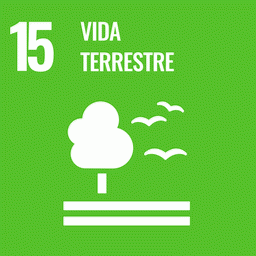In recent decades, global society has paid growing attention to tropical deforestation as it contributes significantly to global warming. One promising way of addressing the issue is to create economic incentives to protect forests. In this study, we estimate the opportunity costs of reducing legal deforestation in Mato Grosso of Brazil, based on an econometric model using fine resolution spatial data and administrative data on properties registered in the rural land registry.
We find that, inside the properties that have rights to legally clear forest area, most projected demand for deforestation will fit within the legal limitations, making it essential to establish additional positive economic incentives for forest protection.
Also in these properties, for the period of 2014-2030, total incentives of about US$ 279 million could reduce 77% of projected legal deforestation, from 278,257 ha to 64,287 ha. Certain incentives could come from the properties with forest restoration requirements under Brazil’s forest code, since we found that our modeled incentives can only cover about 7% of the forest restoration requirement in those properties through passive land abandonment. As a result, active reforestation or purchasing the Environmental Reserve Quota from properties with legal deforestation allowance may become attractive alternatives.
